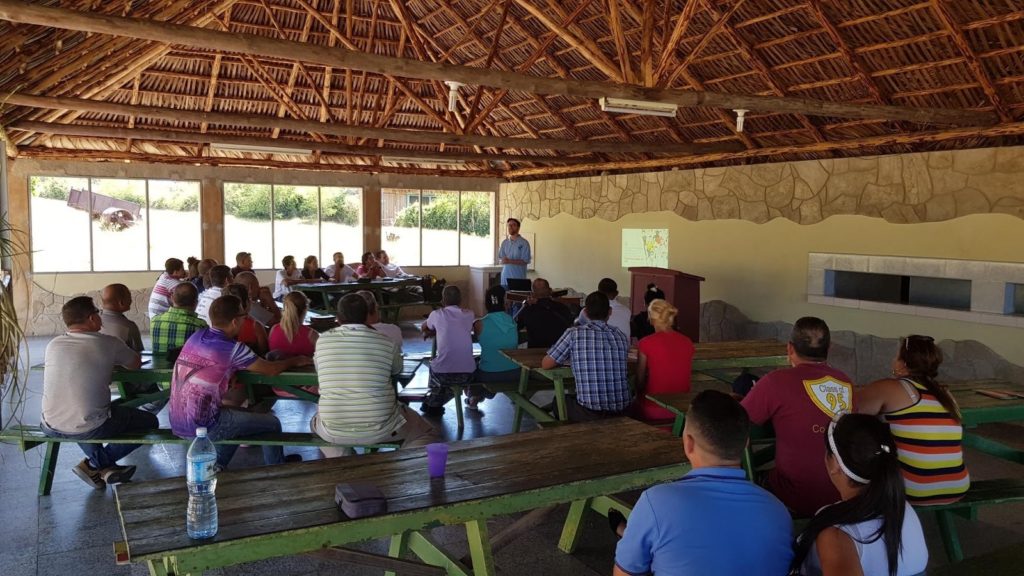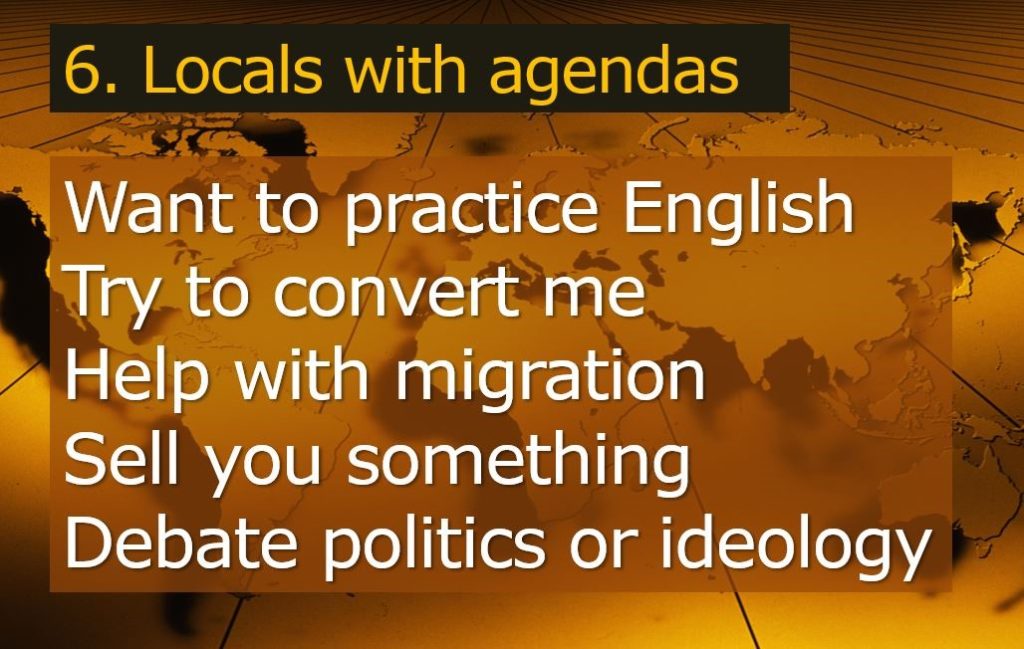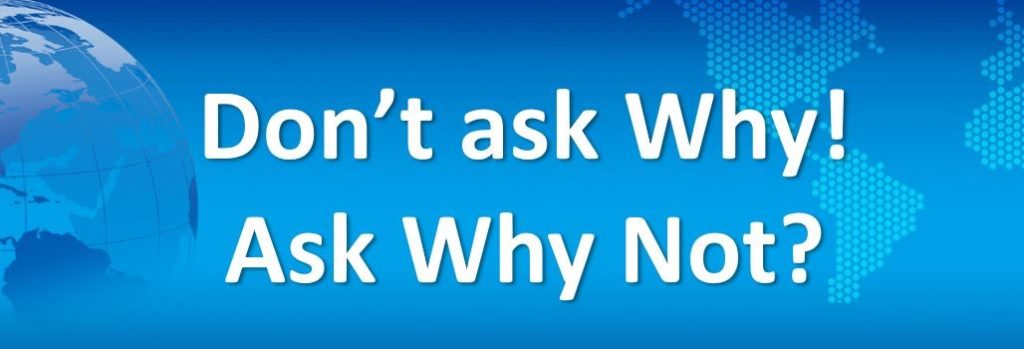
We were recently invited by the Evangelical Church of Cuba to run the first tentmaking course there. As they did not have the money to pay for our travel and fees, we made the decision to cover these costs out of our own pocket. We trusted that the Lord was opening up this new opportunity to expand His kingdom through Christian professionals going abroad to work, with the intention of making disciples.
32 people came to the training and some 22 of them are ready to go abroad.
Continue reading

